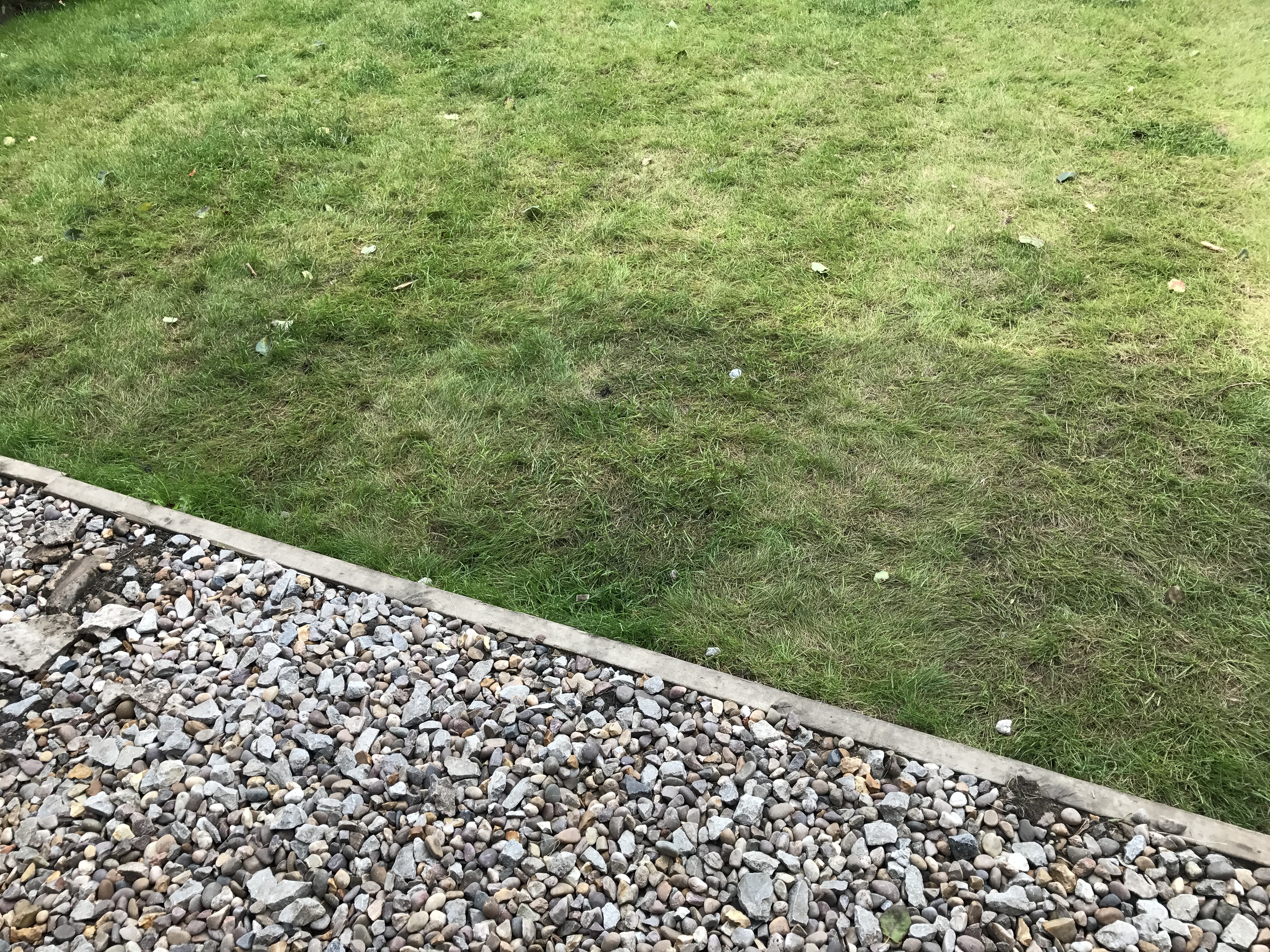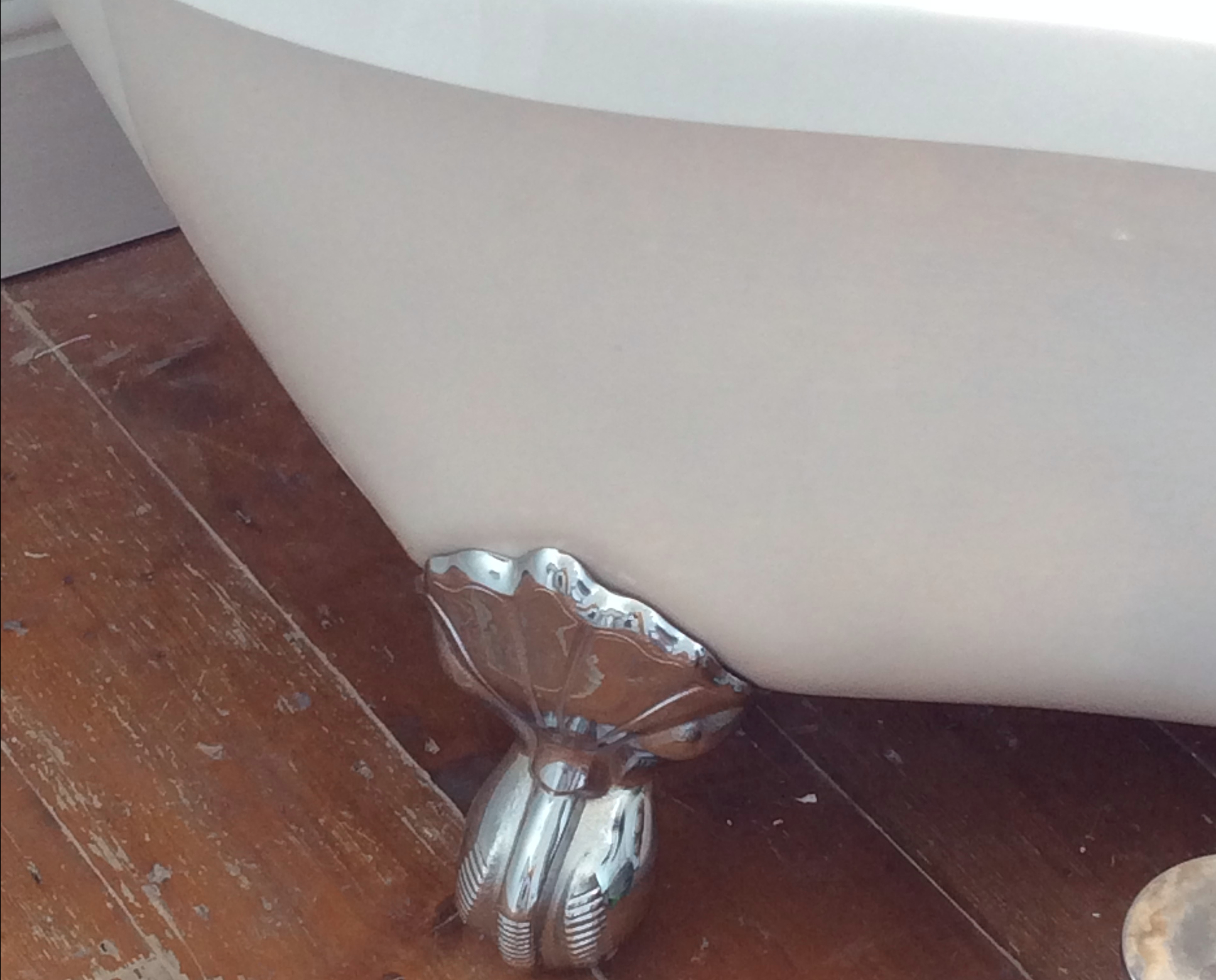How to Tell if You Have an Underground Drainage Leak

During The House Project, as with the majority of renovations, I’m sure, things arise that you don’t plan for! I think most home-owners have to deal with sudden leaks, power-cuts and the such like. Well do you think about outside your house and underground? We didn’t! If an underground pipe develops a leak, it can be hard to detect because it’s below the ground. These leaks very often don’t manifest above ground as the water will tend to sink downwards, unless it’s very severe. However, there are still ways to determine if your underground pipes are failing and it’s important to be vigilant because leaks of this sort can lead to problems with the foundations of your building. Knowing that you have an underground leak and addressing it early can save you thousands of pounds.
Here’s what to look out for…
Excessive amounts of water in your soil
If the underground leak is in the garden, you may notice that the soil in the area is particularly saturated. You might notice that a patch of grass or turf is especially (and suspiciously) lush and rich. You should dig down into this patch, where you may even see water seeping into the bottom – if you see this happening, you need to source some replacement pipes like these from Polypipe. We have a drain in the middle of our garden, which we thought would cause an issue, but it hasn’t. We measured exactly where it was located, so it could be easily found once the lawn was laid if we needed to access it.
A suddenly-damp basement
Sodden soil will mean water slowly seeping into your basement or cellar if you have one. If your basement has always been fairly dry but now seems to have a damp problem on one, or maybe two, sides, then a leaking underground pipe is probably to blame.
Your water bills suddenly rocket
You know how much you pay in utilities each month or each quarter, so if you’re on a water meter and you find that there’s a sudden, unexplained uptick in your bills that lasts for two or three months, then there may be a leak. Think about whether you’ve been watering the garden more or if someone’s home from university for the summer; if not, then you need to do some digging.
A sudden drop in water pressure
If the leak is in the main water supply pipe, then you may see a drop in water pressure. The drop should be fairly consistent in all the taps throughout the house – if it’s just in one fixture then there may be a blockage there. If the lower pressure is everywhere, then it points to the main inlet pipe.
Movement in the soil around the house
When your soil gets over-saturated with water, it can start to move and become unstable. You might see patches of soil that sink, or even rise upwards, or you may see cracks and slight heaving in concrete or paved areas.
You can hear the leak
Underground leaks can actually be heard, especially the more serious ones, through the pipes and valves in and around your property. If you can get close enough to the leak, you may be able to hear it clearly with no aid. If you can’t hear it yourself, then you can use a ground microphone to listen for soundwaves travelling through the ground. As you’d imagine, the sound is loudest right over the leak, so you need to follow the meter to locate the source of the sound.
So don’t underestimate this side of your build, as it could be detrimental in the long run if you don’t check these things out. If in doubt, ask your builder for guidance!
This post was written in collaboration with Polypipe, but the advice I think is sensible and worth considering during your build/renovations.










